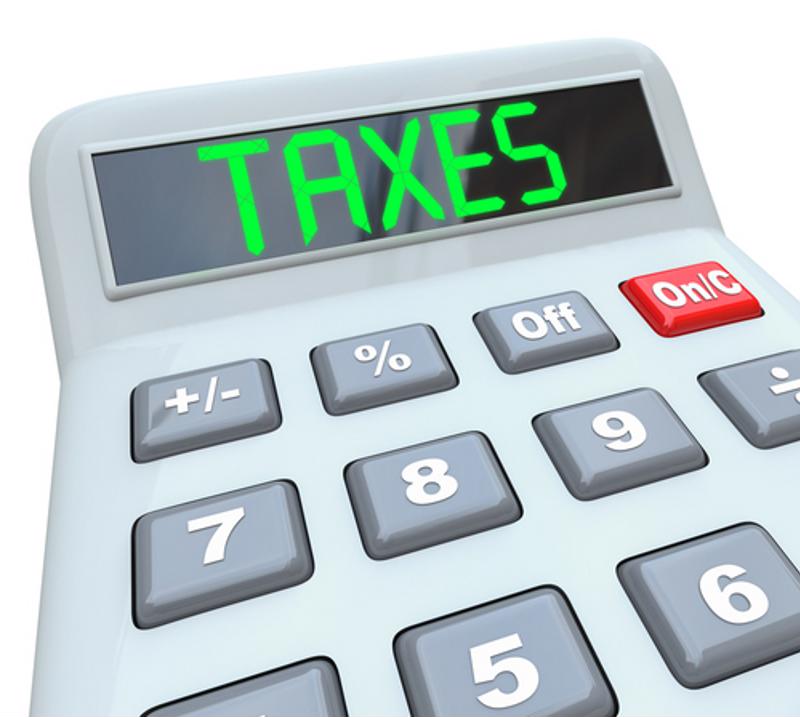The decision to buy a car is a big life step. While having your own wheels can be exciting and liberating, it also requires a great deal of financial responsibility if you want to ensure that you don't end up in trouble later on.
There are a lot of figures to take into account, like loan amounts, monthly payments and estimated cost of ownership, so planning your finances around your car purchase will be more complex than just you might think. Here are some tips to help you avoid punching above your financial weight.
Use a monthly payment calculator
Determining your actual monthly payment will be a huge part of planning your spending. Fortunately, there are numerous tools available for free online that can help you figure out how much you'll be spending every month. All you need to do is enter in a few basic values, such as the cost of the car, your down payment, the loan term and the interest rate, and you'll be provided with a monthly payment value.
Do note that these tools aren't "official," and as such, the information they provide may not be exactly the same as what you get at the dealer's office. With that in mind, an online payment calculator can still be a useful tool.
 Cost of ownership takes things like taxes, insurance and other "hidden costs" into account.
Cost of ownership takes things like taxes, insurance and other "hidden costs" into account.Figure out cost of ownership
Cars are unlike many other products in that you don't simply pay once up front. Vehicles carry hidden costs with them in the form of cost of ownership. Sometimes called "true cost to own," this value includes expenditures you may not have originally thought of, such as insurance premiums, depreciation, and estimated fuel and maintenance costs.
This is more than just an exercise in economics. Often, the cost of ownership can be a significant deciding factor in choosing which car to buy. For example, a car may have a higher sticker price than another, but if its total cost of ownership is lower, due to being more fuel efficient or reliable, for example, it may end up being a more cost-effective purchase in the long run.
Putting it all together
This may seem like a lot to take in, especially if you're new to the process. But don't fret – it's still possible, even simple, to use this data to put together a fairly accurate and simple picture of what your prospective car is going to cost you.
While monthly payment calculators offer a glimpse into your short-term expenditures, the cost of ownership adds a longer look at anticipated costs. Many true-cost-to-own calculations are based on a five-year ownership period. Depending on the term of your loan – three to four years, usually – prorating that value and adding it to your monthly payments over the loan term can help you narrow down the amount you should be putting away for your new ride. It may not be perfect, but if you're heading to the dealership, having as much information as possible will help make the process easier.
When you're ready to purchase a high-quality used vehicle, head to New Jersey State Auto Auction. There are hundreds of Carfax-certified cars on the lot, and you'll find the sales staff helpful and eager to assist you with finding the car that's right for you.



